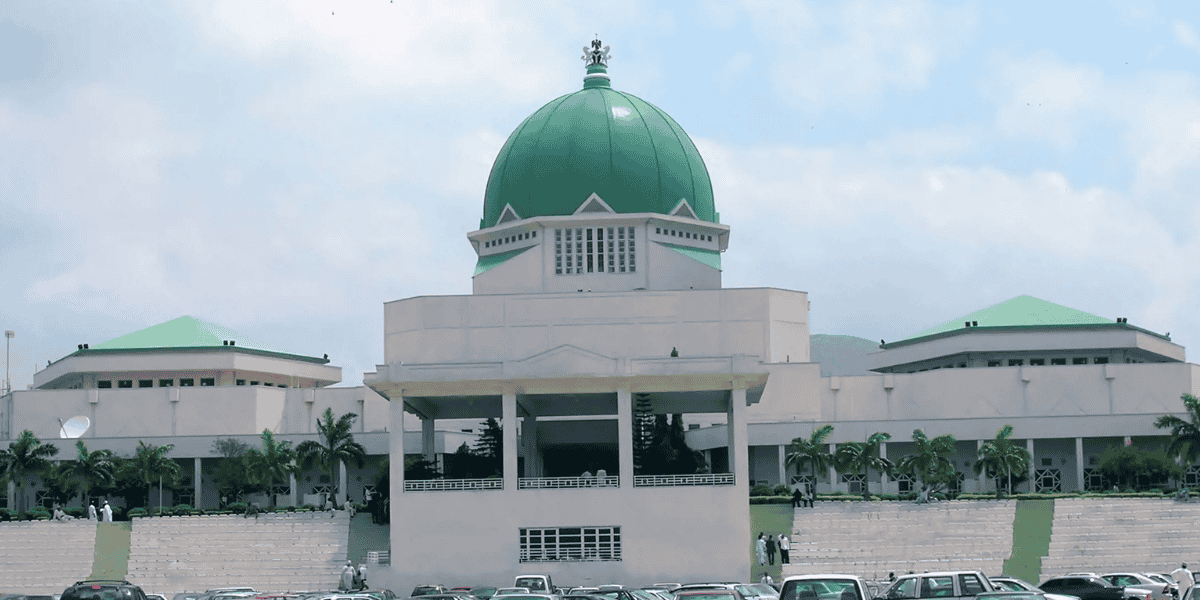On 4 March 2015 the IMF issued a press release on the conclusion of consultations with Nigeria under Article IV of the IMF’s articles of agreement. Nigeria’s economy has grown strongly over the past decade at an average of almost 7% per annum and the Nigerian economy alone represents 35% of the GDP of sub-Saharan Africa. The fiscal deficit and public debt have remained low but Nigeria has problems of poor infrastructure, poverty and income inequality. The economy is diverse and oil represents only 13% of GDP but the government is still very reliant on the oil sector for revenue and foreign exchange.
The IMF considers that Nigeria needs to better manage its oil revenue and to give more attention to non-oil revenues. The government has to raise more revenue from non-oil sources to allow scope for delivering improved public services in the medium term. In this connection the IMF has welcomed the initiatives already taken in Nigeria to improve the tax administration.
Attention also needs to be given to the revenue-sharing arrangements between the centre and the regions so that more funds are available to help deal with disparities between the regions of the country and to meet social and development objectives.
The IMF is recommending that tax exemptions should be restricted so that more tax revenue is raised. The tax rates should also be kept under review. Another area where action is required is subsidies which need to be reformed.
The IMF considers that prospects in the long term depend on reducing the dependency on oil for government revenue and fostering greater participation by the private sector in economic activity. Lasting economic growth depends on improving the business environment, increasing the levels of employment especially of women and young people, and investing in the development of human resources in the country.












